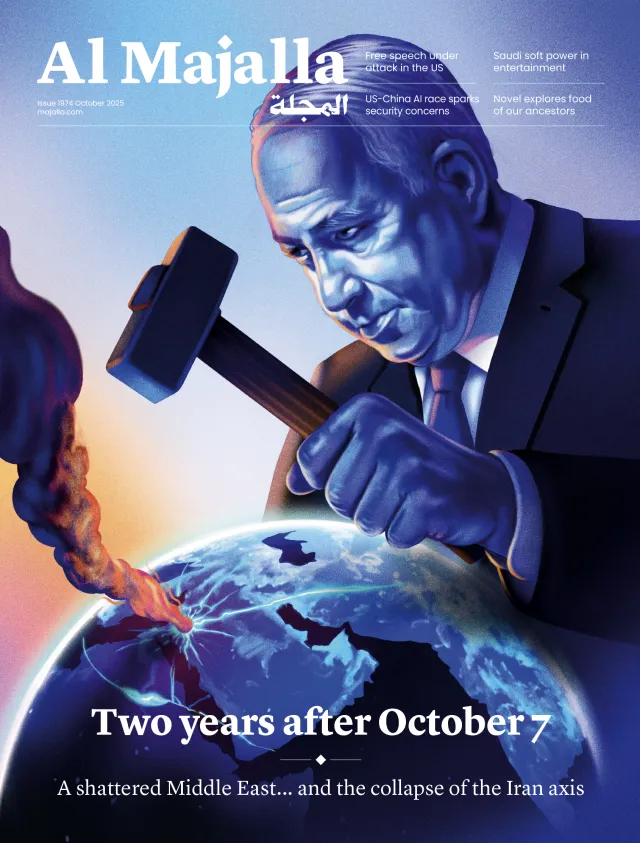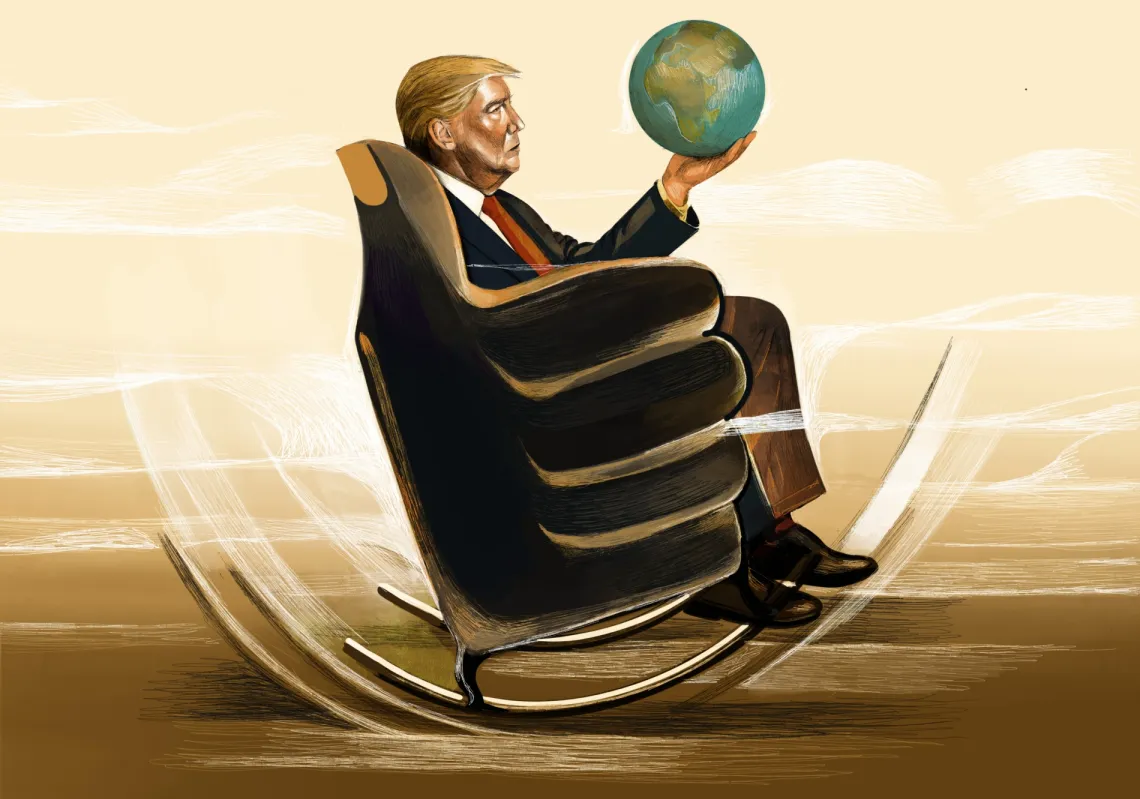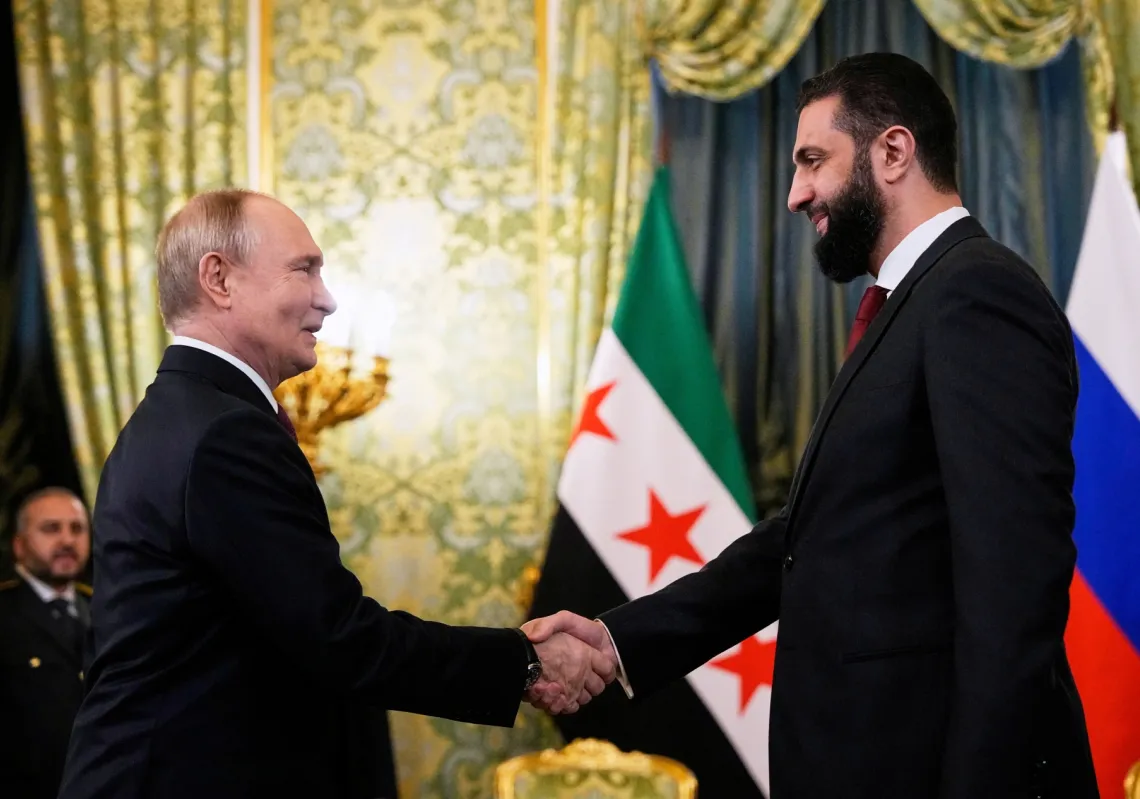 Syrian refugees gathered as Turkish Prime Minister Recep Tayyip Erdoğan (not pictured) speaks during a meeting at Akçakale Refugee camp on December 30 2012.[/caption]
Syrian refugees gathered as Turkish Prime Minister Recep Tayyip Erdoğan (not pictured) speaks during a meeting at Akçakale Refugee camp on December 30 2012.[/caption]
It seemed as though Turkey’s boisterous prime minister, Recep Tayyip Erdoğan, had finally lost his patience with the state of affairs in Syria, when he snapped at a recent party function in the southern Turkish city of Gaziantep:
[blockquote]If those who come from thousands—tens of thousands—of kilometers away and go into Iraq have the right to do so . . . then we cannot be expected to sit on the sidelines with arms folded in Syria, with which we share a 910-kilometer border . . . We are obliged to do what has to be done, and we will do it.[/blockquote]
As righteous and single-minded as it sounds, the statement is in fact a rhetorical ambiguity, which reveals, more than anything, the moral and geopolitical quandary facing Turkey’s ruling Justice and Development Party (AKP) government vis-à-vis its role in the Syrian conflict, and more generally, in the post-Arab Spring Middle East.
As popular uprisings swept across Arab countries, it appeared that Erdoğan’s AKP had the most to gain from the toppling of one secular dictator after another. With its fast-growing economy, popularly elected government, and charismatic prime minister—admired in the Arab World as much for his independent posture and powerful tirades against Israel as for his successes back home—Turkey seemed to fit the bill as the natural leader that could inspire the ascendant popular movements in the new Middle East.
Erdoğan decided to seize the moment. At the height of the Egyptian revolution, he claimed the moral high ground by calling on Hosni Mubarak to heed his people’s message and step down. After initially sitting on the fence on Syria, his government assumed a similar position there, burning the bridges it had built in previous years with the Assad government and lending its full support to the opposition movement.
But if Turkey’s decision makers anticipated a speedy downfall and relatively smooth transition of power in Syria, they were soon facing a different reality. The evolution of the Syrian uprising into protracted civil war has exposed the gap between Turkey’s regional ambitions and its actual ability to affect change beyond its borders. Overwhelmed by a bulging refugee crisis, the government appealed to the UN Security Council for assistance. Against the looming threat of military confrontation, it requested and received a delivery of Patriot missiles from NATO to be installed at its southern border.
Its turnabout in Syria also led to a sharp deterioration of Turkey’s ties with Iraq, Iran and, to a lesser extent, Russia. This disrupted vital trade links and security cooperation. As a result, commercial hubs like Gaziantep, which had prospered significantly from the liberalization of regional trade, have slumped. Another partial consequence was the sudden escalation in violent attacks by an energized Kurdistan Workers’ Party (PKK), the Kurdish separatist group, against military and civilian targets inside Turkey. This escalation resulted in more casualties between mid-2011 and late 2012 than at any other point over the previous decade.
Far from galvanizing public opinion in the face of an external foe, in other words, the Syrian conflict has exacerbated Turkey’s internal fault lines. The AKP’s position on Syria, together with its strategic alignment with a constellation of Sunni actors and the United States, has polarized society along sectarian and ideological lines. The suicide attack outside the US Embassy in Ankara on February 1, which the perpetrators claimed was “a response to the imperialist ventures” in Egypt, Libya and Syria, has been the most dramatic manifestation of this polarization to date. Unlike the last two attacks on Western diplomatic targets—the bombing of the British and the US consulates in Istanbul in 2003 and 2008, respectively—the fact that this one was carried out by a militant leftist group, and not by radical Islamists, comes as a sign of the shifting battle lines in Turkey and arguably across the Middle East.
At the end of 2012, Qatar replaced Turkey as the host and the leading sponsor of the Syrian opposition. Once hailed as the success story of its autonomous and multi-directional foreign policy, Syria then became the first serious test of the AKP government’s regional leadership ambitions. By 2013, it appeared to have failed that test.
Erdoğan’s Gaziantep speech seems to reflect his frustration with this turn of events. And while his muscle flexing is most likely targeted at his domestic audience; the disgruntled inhabitants of a trading city, rather than the West or Syria, the moral standard and the historical precedent he uses to justify a hypothetical Turkish intervention are astonishing. To be sure, “Those who come from thousands—tens of thousands—of kilometers away” had no legitimate right to invade and occupy Iraq. It was precisely when the Turkish Parliament voted against supporting the occupation in March 2003 that the country started gaining respect and admiration as an independent-minded actor and potential leader in the region.
It might be said that Syria is an altogether different case than Iraq—as is Turkey’s current predicament—than that of the Bush administration in the early 2000s. But this is also why that episode cannot, and should not, serve as a moral or historical justification for Turkey’s actions in Syria. Ultimately, Iraq remains a cautionary tale about the pitfalls of hubris and hegemonic ambition; a tale worth remembering in the challenging midst of the Arab uprisings.








